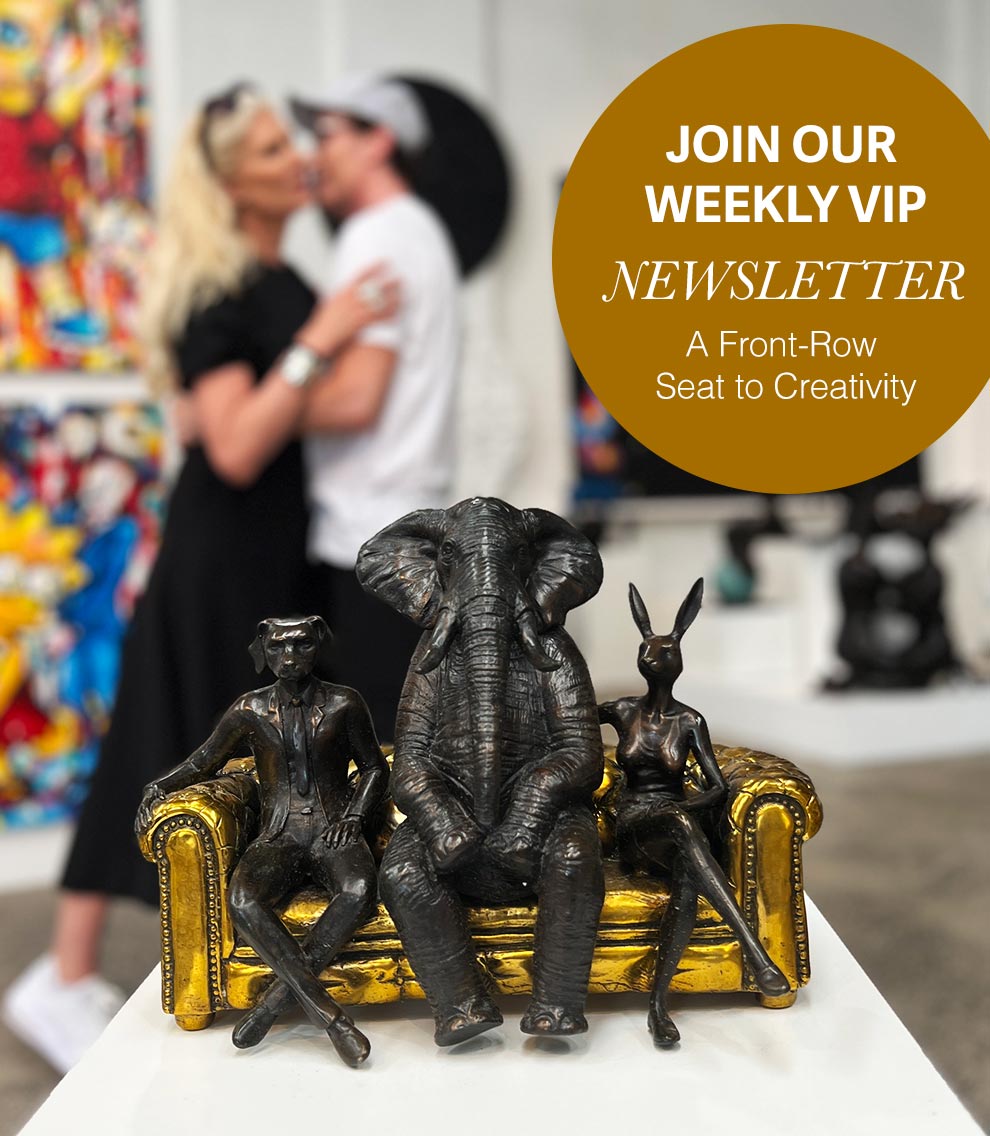Zimbabwean scholar Tererai Trent stands tall alongside Oprah as New York statue unveiled
Aug 26, 2019 / CNN / By Stephanie Busari and Anita Patrick -- A life-size statue of 10 women including media mogul Oprah Winfrey, Hollywood stars Nicole Kidman and Cate Blanchett was unveiled in New York Monday. Among them is a Zimbabwean scholar who was denied education growing up because of her gender.
Tererai Trent said on her Twitter account she was "beyond honored" to be among the first ten sculpted by the artists.
The list also includes conservationist Jane Goodall, activist Janet Mock, chemist Tracy Dyson, author Cheryl Strayed, and Olympic gymnast Gabby Douglas.

The women were honored for their work championing gender equality by Statues For Equality to commemorate Women's Equality Day on August 26 under the "Sculpted for Equal Rights" initiative by prominent Australian artists Gillie and Marc Schattner.
The husband and wife duo said they realized that there were fewer statues of women -- less than 3% in New York -- compared to men, so they set out to give more recognition to women who have made an impact in society.

Trent, 54, was kept out of school for most of her childhood because of of her gender, but she taught herself how to read and write while living with her parents in rural Zimbabwe.
She relocated to the US in 1998 after she was discovered by an American non-profit that visited her village. She has since achieved her dreams of getting a masters and a doctorate.
The US-based academic faced domestic abuse in the pursuit of her dreams and continues to champion girls and women empowerment through education.
Her inspirational story caught the attention of Oprah Winfrey who gave Trent $1.5 million in donations to rebuild her elementary school in Zimbabwe in partnership with Save the Children in 2011.
The subjects of the statues were chosen by a public vote and were unveiled on the anniversary of women getting the right to vote, kicking off a global campaign to increase the number of female statues globally.
The Schattners want the public to get involved again to nominate women who they think should be immortalized in bronze.
"We hope that as the project expands, it will include a broader diversity of race, class, ability, sexual orientation and gender expression," says Gillie.


